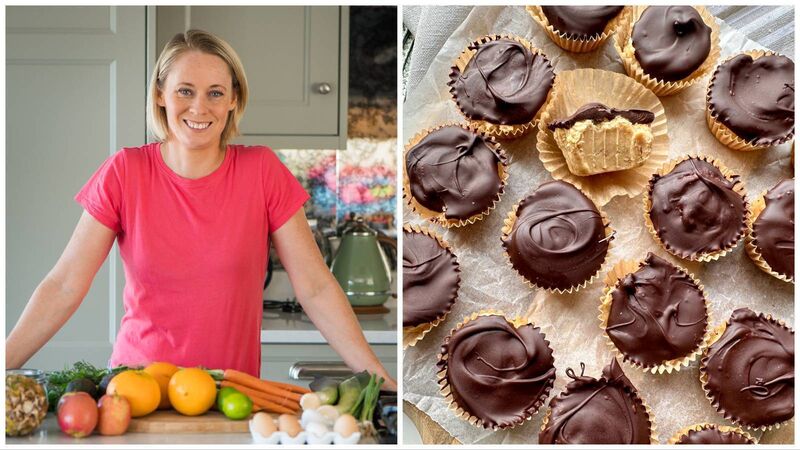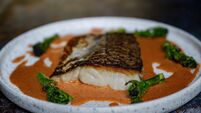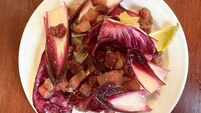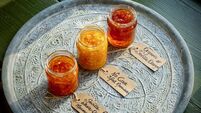Derval O'Rourke: Eating to fuel your life and a recipe for peanut butter protein cups

If you are actively trying to get more protein, consider a varied way to do this.
I began thinking about my food and how it affected me in my early 20s. It was a reaction to getting sick and needing to re-evaluate how I approached food if I wanted to perform as an athlete. Despite my professional running days being behind me, conversations around the best eating routines for health goals are still something I find fascinating and love to hear what experts are saying.






